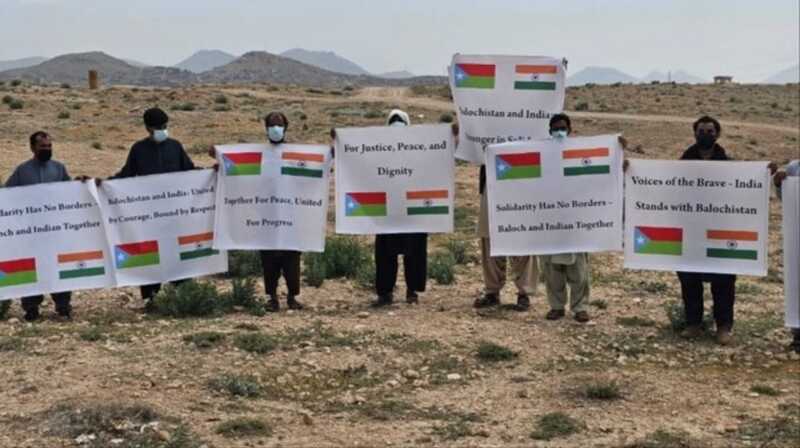Nationhood Claimed: India Support Sought
Article Today, Balochistan:
In a dramatic move that has sent ripples across the international community, the long-troubled Balochistan region has declared its independence from Pakistan. Prominent Baloch activist Mir Yar Baloch made the stunning announcement, further appealing to India and the United Nations (UN) for their support of the newly proclaimed nation. The development has ignited a social media frenzy, with #RepublicOfBalochistan trending and images of Balochistan flags being widely shared. Given the existing tensions between India and Pakistan, analysts suggest this latest event could trigger significant shifts in South Asian politics.
Once Sovereign State: History Revisited
Historically, Balochistan enjoyed a brief period of independence following the departure of the British from India in 1947. However, in 1948, Pakistan forcibly annexed the region through military action, a move that the Baloch people have always considered illegal. Ever since, Baloch leaders and the populace have been engaged in a persistent struggle for an independent state.
Political Suppression: Voices Silenced
The Baloch people in Pakistan have long alleged political marginalization and oppression. Instances of their political leaders and activists disappearing or facing violence are reportedly common. The heavy military presence in cities like Quetta and the suppression of even minor political demonstrations have fueled widespread discontent among the local population.
Economic Exploitation: Resources Depleted
Balochistan, despite being Pakistan’s largest province, encompassing 44% of its landmass and rich in gas, minerals, and coastal resources, alleges economic exploitation by Islamabad. Locals claim that these resources are being plundered by Pakistan, with little to no benefit trickling down to the Baloch people. The region remains plagued by severe poverty and lacks adequate development in crucial sectors like education, healthcare, and infrastructure.
Cultural Identity: Discrimination Faced
The Baloch people perceive themselves as second-class citizens within Pakistan, alleging the suppression of their language, culture, and distinct identity. There are also growing concerns about the influx of Pashtuns and other ethnic groups into Balochistan, leading to fears of the local Baloch population being demographically outnumbered.
Rights Violations Alleged: International Concern
Organizations like the Baloch Liberation Army have accused the Pakistani military and intelligence agencies of carrying out violent actions against the local population, including alleged killings and unlawful arrests. These human rights violation claims have often drawn concern from international bodies.



